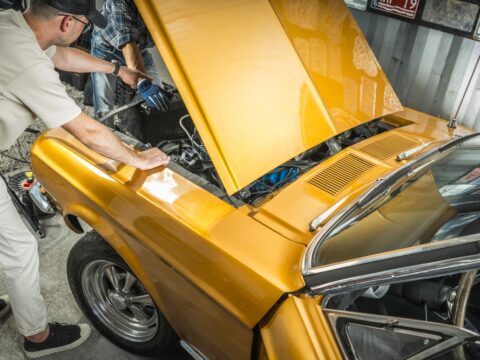Every driver knows that proper car maintenance requires more than just regular servicing. Equipping yourself with the right tools can save you from unexpected roadside emergencies and extend your vehicle’s lifespan. This article explores essential car maintenance tools that every driver should own, ensuring you’re always prepared for what the road may bring. From maintaining tire pressure to handling under-the-hood adjustments, these tools are vital for ensuring your car’s performance and safety.
Contents
Tire Pressure Gauge
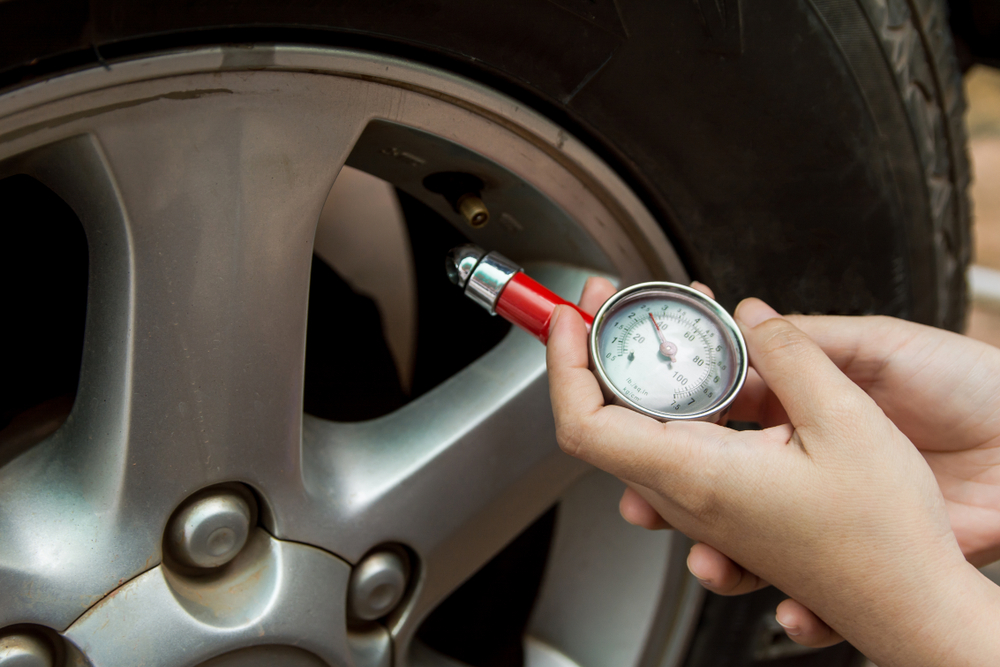
This tool is crucial for maintaining proper tire pressure, which is essential for safe driving. Properly inflated tires ensure optimal vehicle performance, fuel efficiency, and prolonged tire life. Checking tire pressure regularly with a tire pressure gauge can help detect leaks before they cause tire damage.
Adjustable Wrench

An adjustable wrench is versatile and can be used on various fasteners. It is essential for tasks such as adjusting the tension on belts, replacing certain car parts, and making quick fixes under the hood.
Flashlight
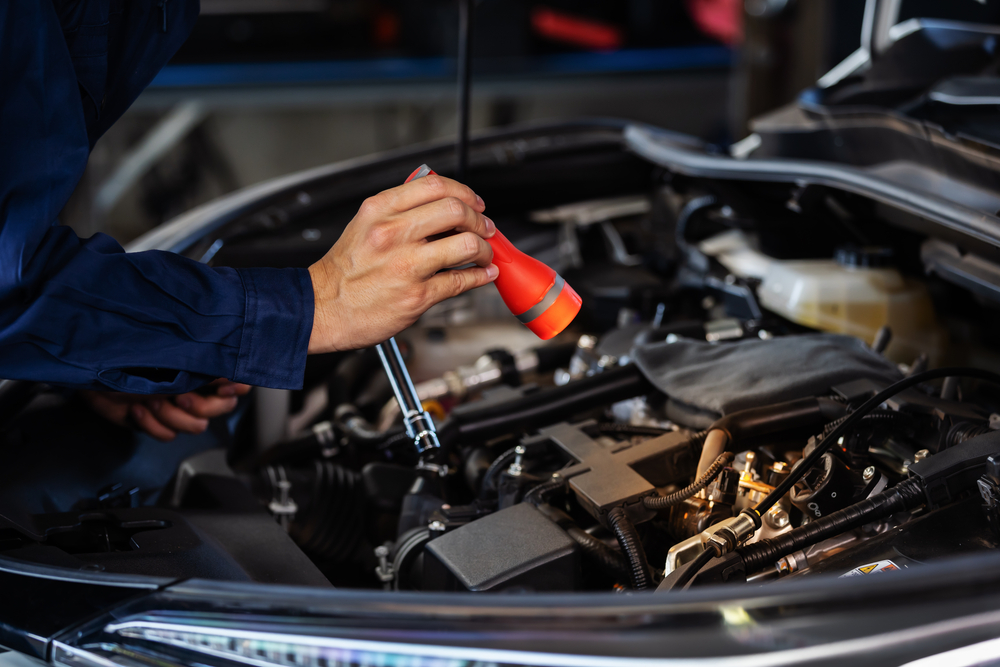
A flashlight is invaluable in emergencies or for repairs in poorly lit conditions. Whether you’re checking under the hood at night or changing a tire on a dark road, a durable, high-lumen flashlight can make all the difference.
Drip Pan
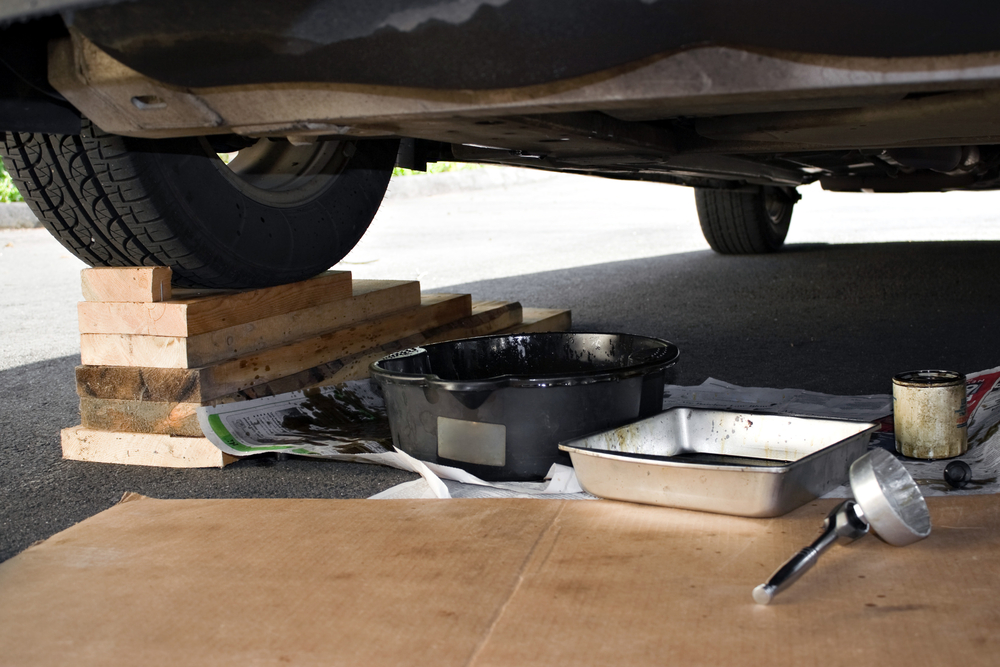
Used during oil changes and when dealing with other fluids, a drip pan helps prevent spills and keeps your garage and driveway clean. It’s essential for proper fluid handling and disposal.
Screwdrivers
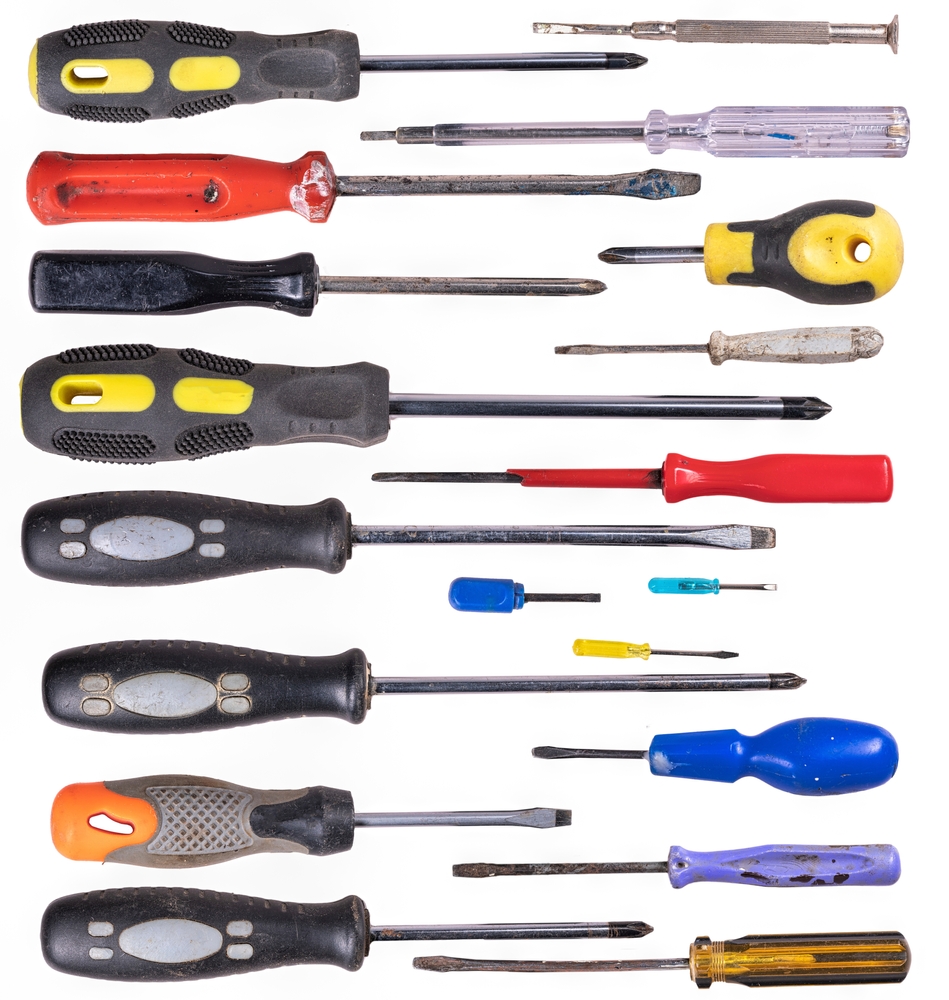
A set of screwdrivers (both flathead and Phillips) is crucial for a wide range of tasks, from tightening loose screws to assembling parts. They are frequently needed for interior modifications, license plate installation, and light repairs.
Funnel
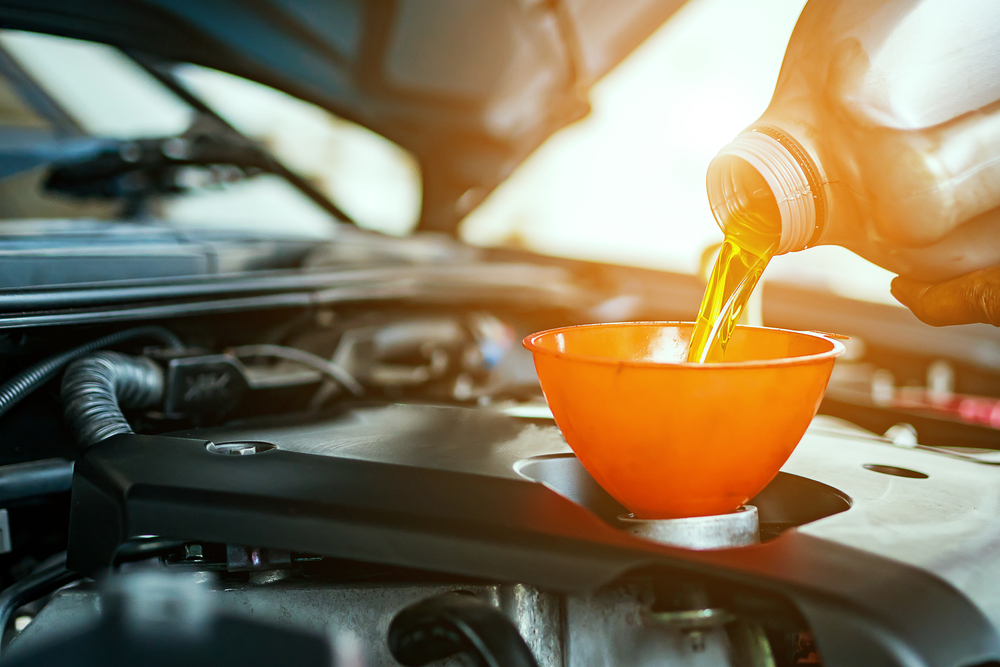
A funnel is essential for adding fluids to your car without spilling. Whether you’re refilling the oil, transmission fluid, or coolant, a funnel ensures that you can do so cleanly and efficiently.
Duct Tape

Known for its versatility, duct tape can be a temporary fix for many problems, such as sealing minor leaks in hoses or temporarily holding together parts that have come loose.
Hammer
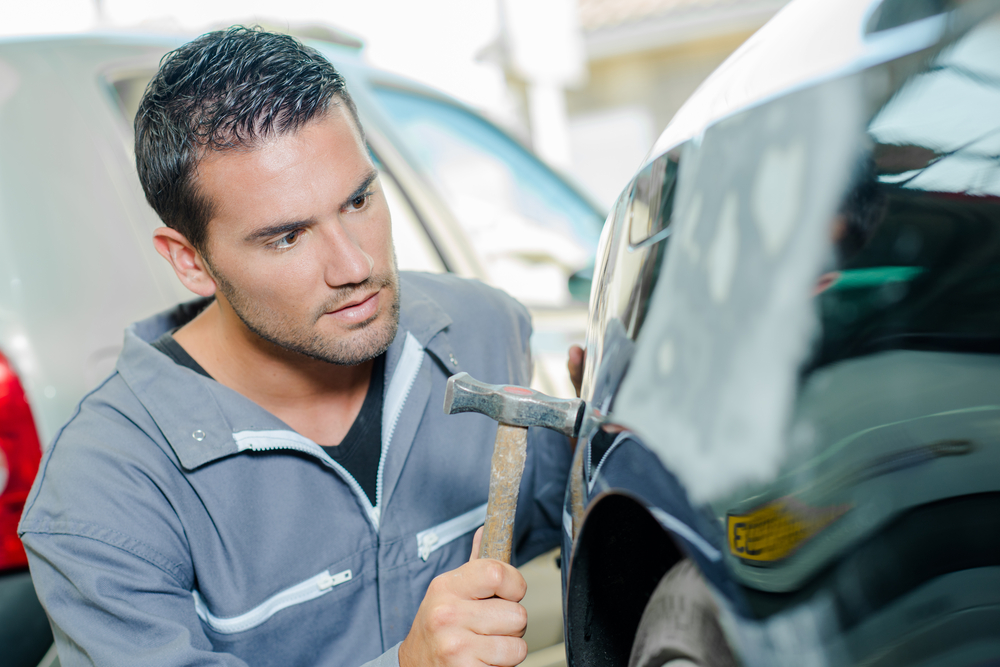
A hammer might be necessary for tasks that require force, such as loosening a stuck part or helping to dislodge a brake rotor. It’s a basic tool that can also be used in emergencies to break glass safely if you’re trapped inside your vehicle.
Pliers and Wirecutters
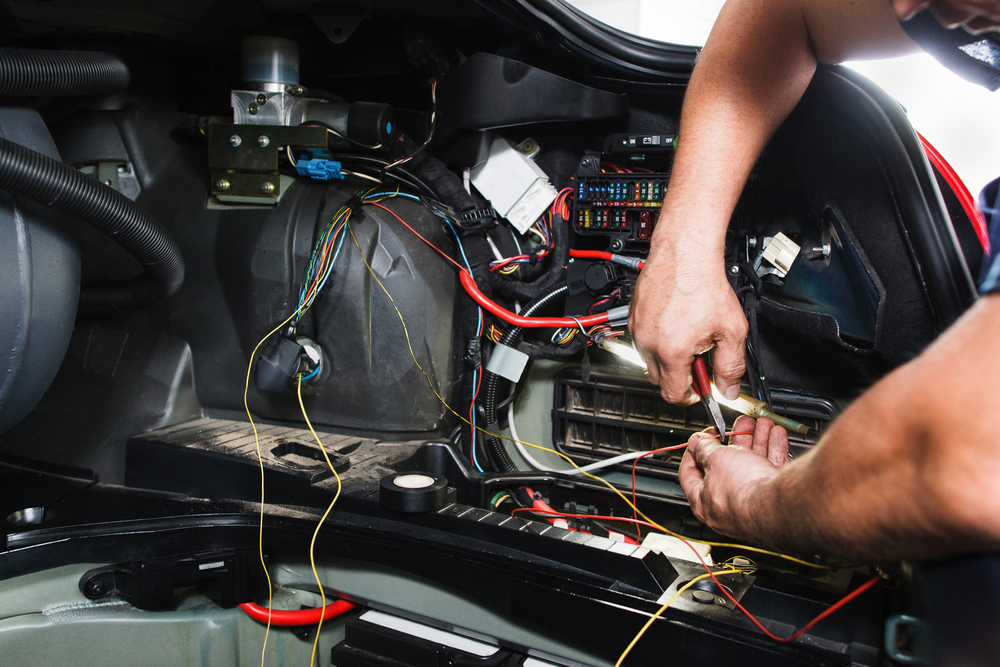
This combo tool is great for gripping, bending, twisting, cutting wires, and removing or securing clamps. They are indispensable for electrical repairs and handling small components.
Torque Wrench
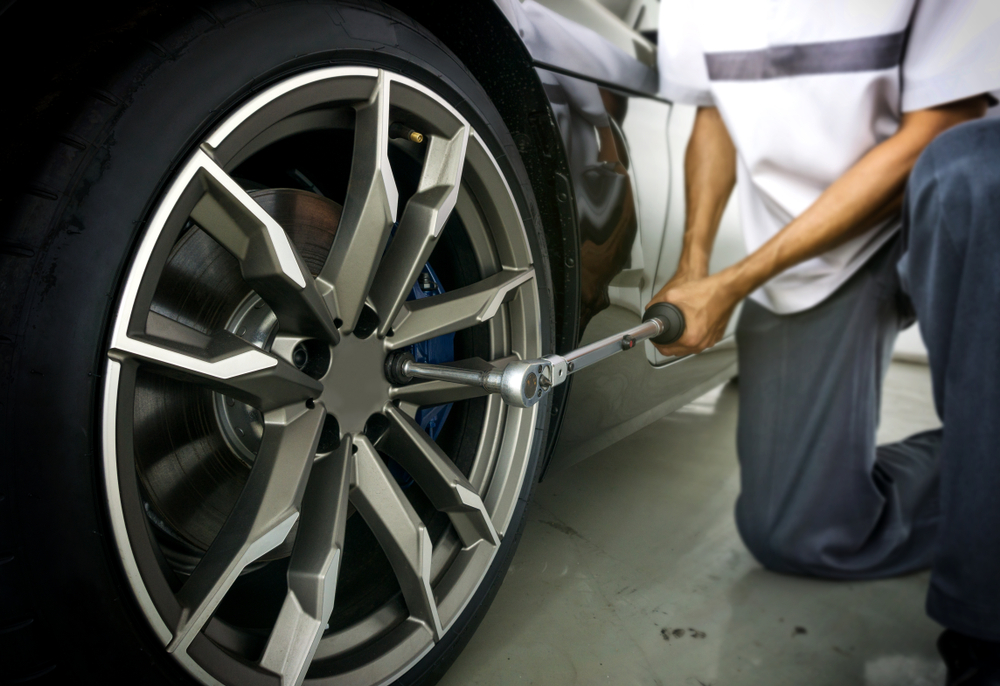
A torque wrench is essential for applying a specific torque to a fastener such as a nut or bolt. It is crucial for engine work and ensuring that wheels are not too tight or too loose.
Tire Inflator or Air Compressor
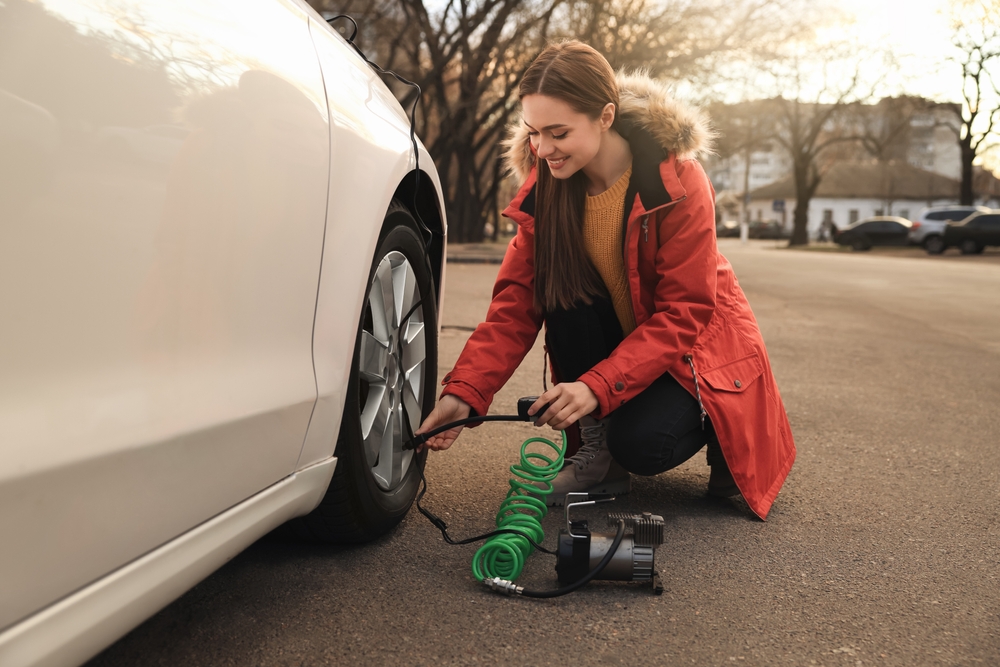
Maintaining correct tire pressure is easy with a tire inflator or air compressor. It’s also useful for inflating sports equipment and other inflatables.
Jumper Cables
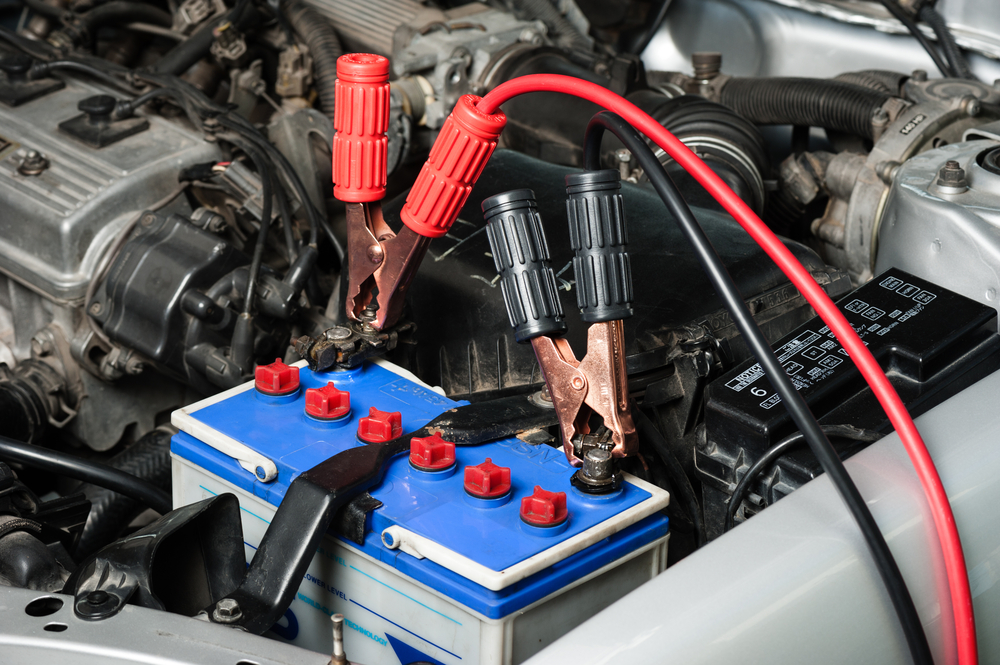
A set of jumper cables can save the day if your car or another has a dead battery. Knowing how to use them safely is just as important as keeping them in your vehicle.
Socket Set
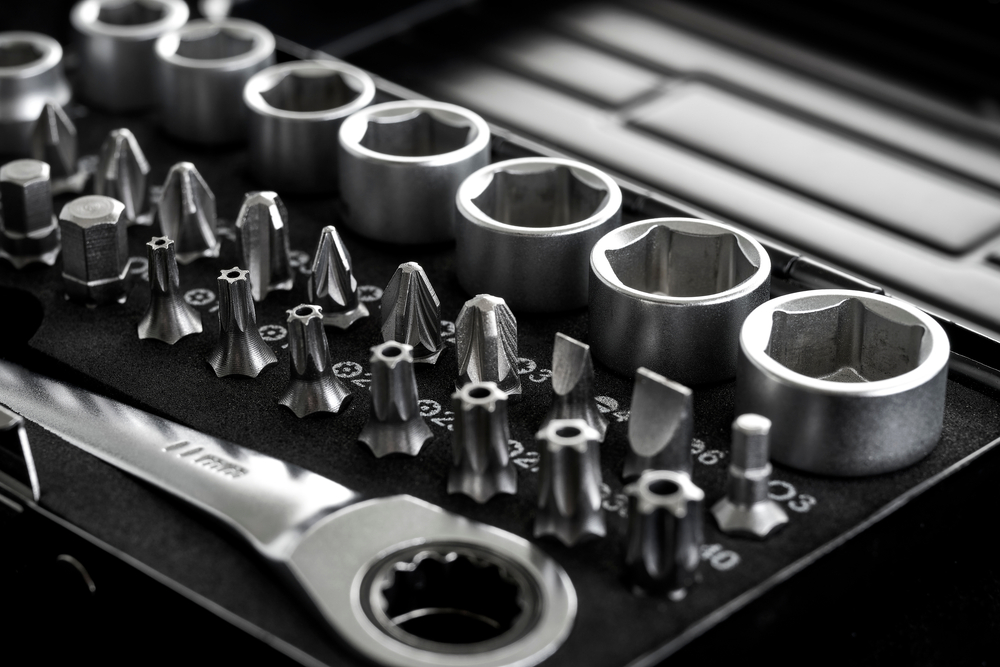
A comprehensive socket set is critical for various automotive tasks, including tightening and loosening nuts and bolts in different sizes, which is common in almost all car maintenance tasks.
Oil Filter Wrench
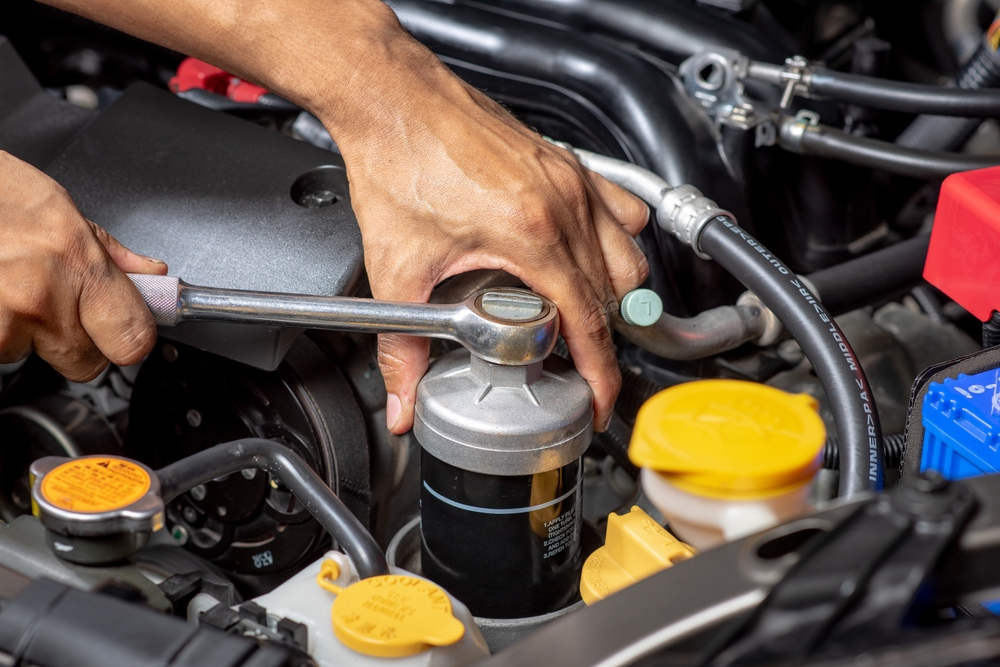
An oil filter wrench is used to remove or secure oil filters, which need to be replaced periodically during oil changes. This tool helps ensure a tight fit and prevents leaks.
Breaker Bar
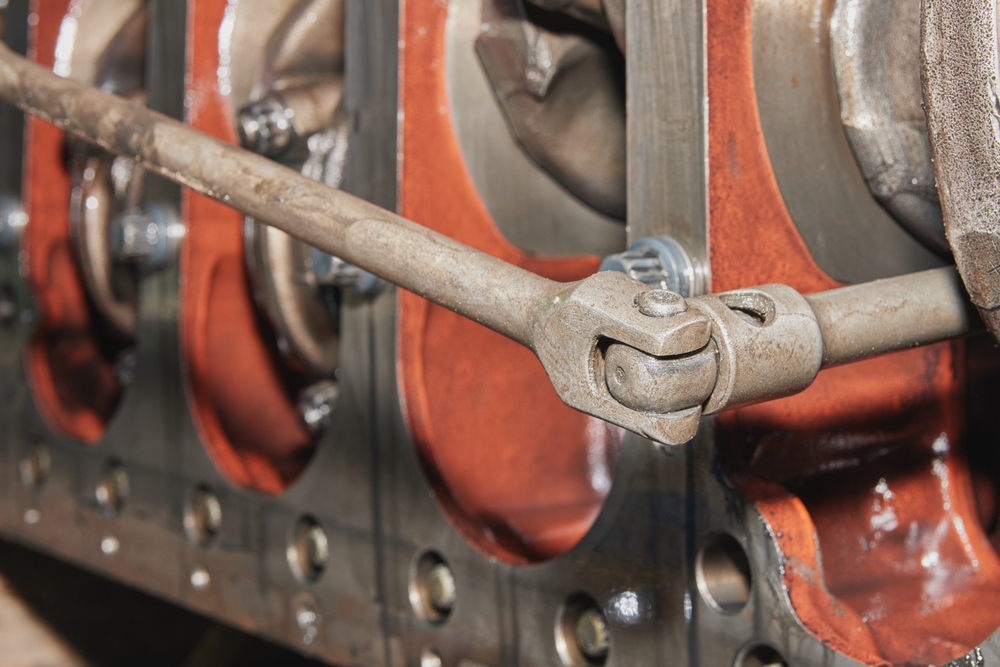
When extra torque is required to loosen tight fasteners, a breaker bar can provide the necessary leverage without damaging the tool or fastener.
Car Jack
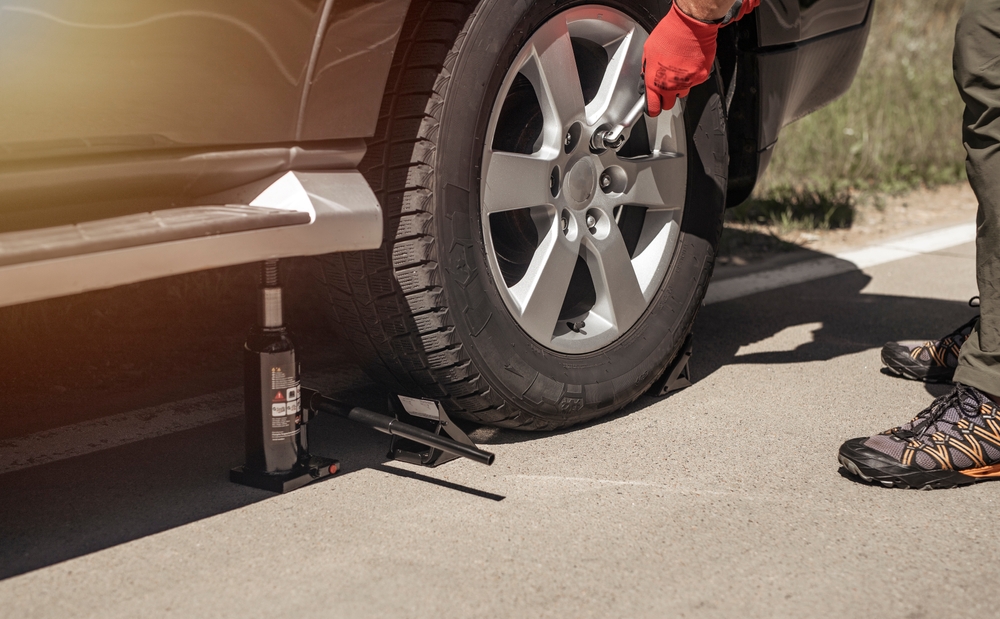
A car jack is used to lift the vehicle off the ground, which is essential for tire changes and undercarriage repairs. It’s crucial to understand the correct and safe way to use a jack.
Wheel Chocks
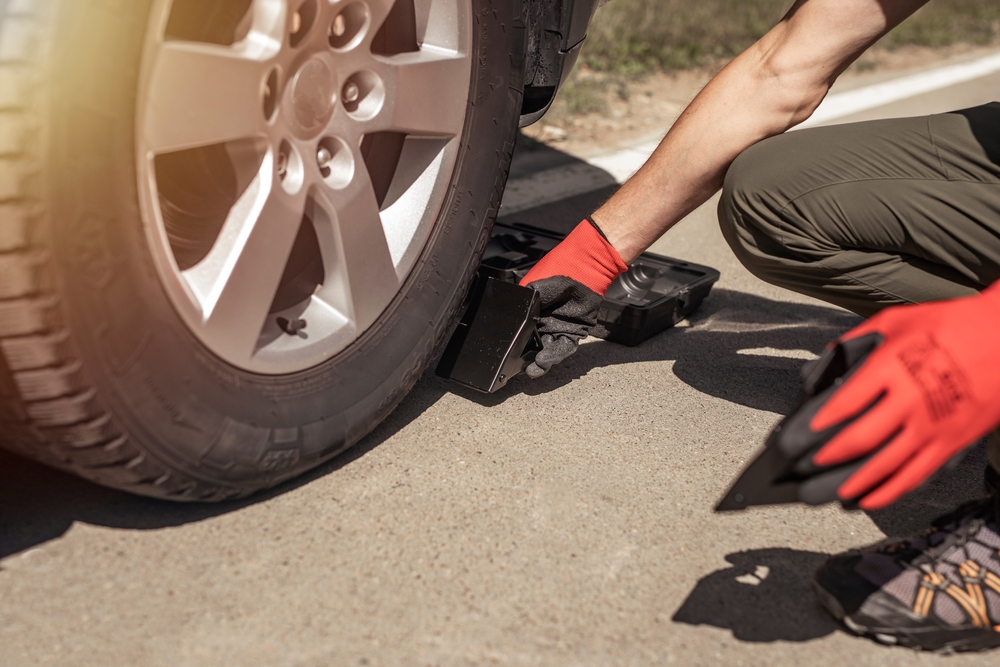
Wheel chocks are used to secure the tires in place to prevent the car from moving while lifted on a jack or when parked on an incline.
Voltage Tester
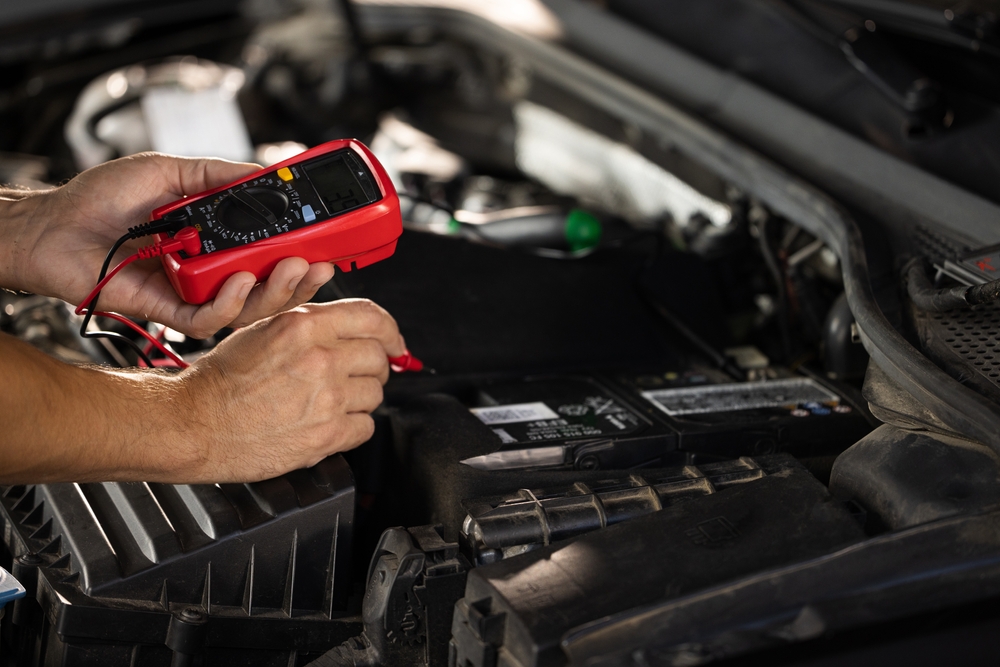
A voltage tester can help diagnose electrical issues in your car by checking the current in wires and components, ensuring everything is functioning properly.
OBD2 Scanner
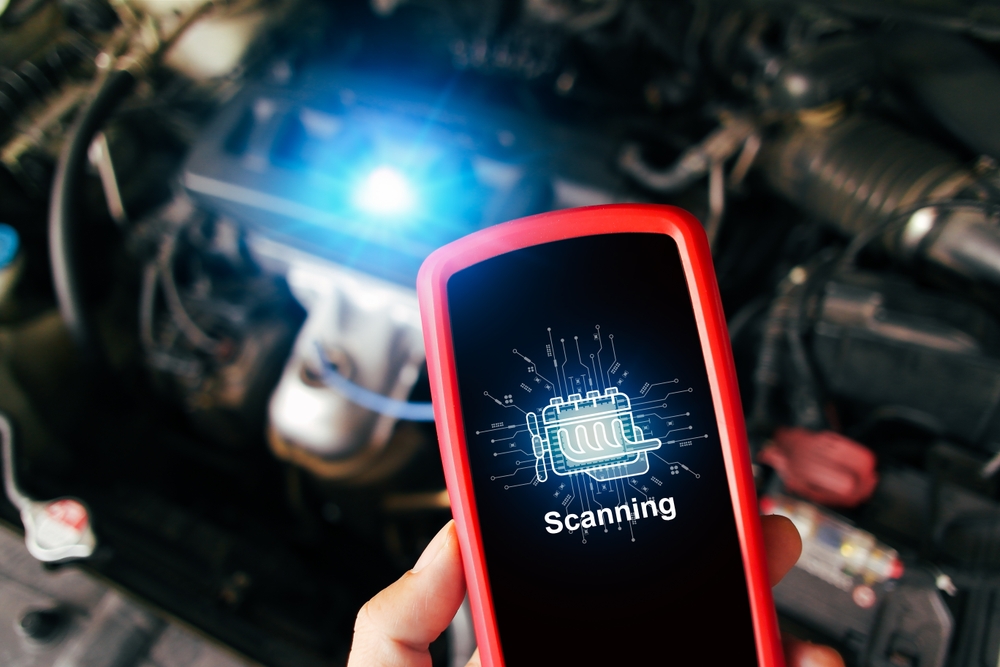
An OBD2 scanner can read diagnostic trouble codes (DTCs) from the car’s onboard computer, helping you understand issues and maintain the vehicle’s health.
Coolant Tester
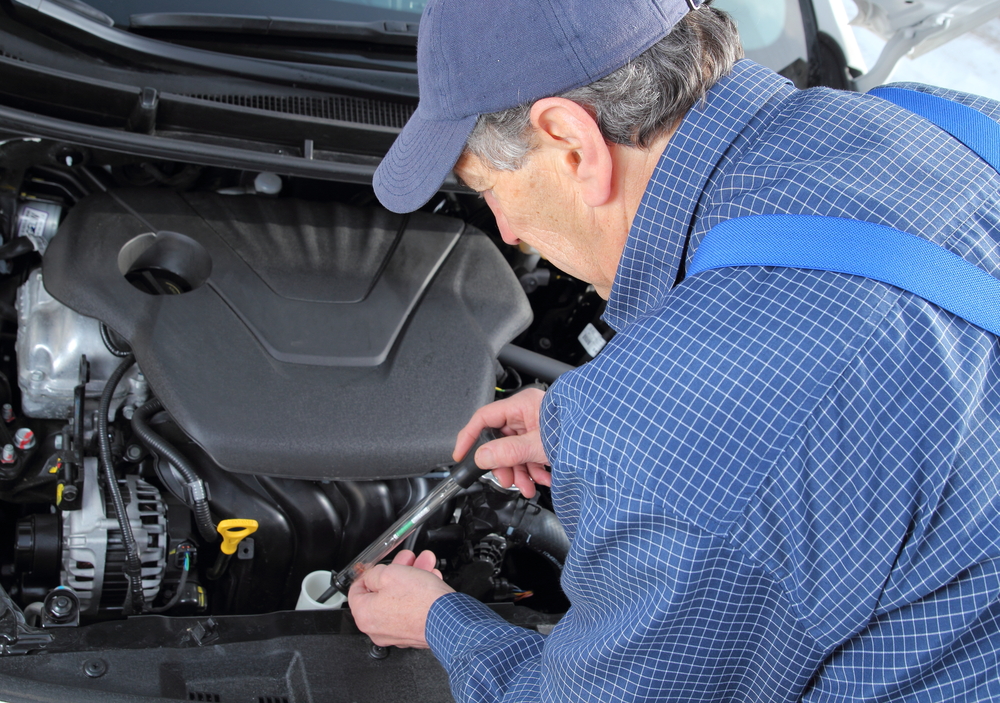
A coolant tester is used to check the antifreeze level and its condition, ensuring the engine remains at an optimal temperature and is protected from freezing and boiling.
This article originally appeared on MyCarMakesNoise.
More from MyCarMakesNoise
10 Hidden Challenges of Owning a Muscle Car

With their roaring engines and iconic silhouettes, muscle cars are the poster children of a bygone era of raw power and unbridled passion. But beneath their shiny hoods and alluring exteriors lie stories untold—of quirks, kinks, and occasional hiccups. Read More
20 Questions You Need to Ask Your Car Dealer Before You Buy

Buying a car is a significant investment, and it’s crucial to gather as much information as possible before making a decision. To ensure you’re fully informed and confident with your purchase, here are essential questions to ask your car dealer. Read More
10 Surprising Ways Electric Car Production Hurts the Environment

Electric cars, often lauded as the vanguard of sustainable transportation, glide silently on our roads, promising a future with reduced carbon emissions. But beneath the hood of this eco-friendly promise lie complexities that many overlook. Read More


